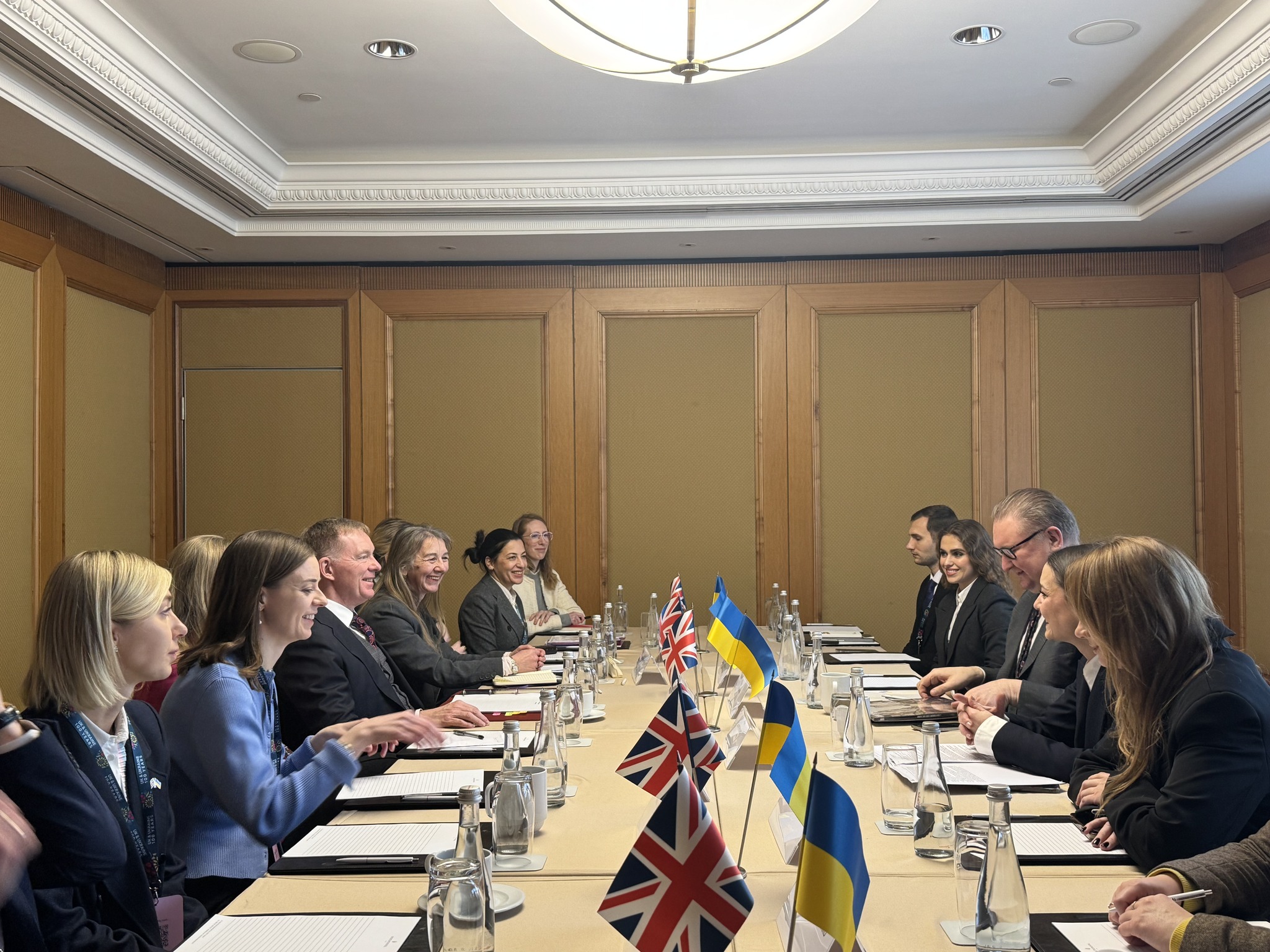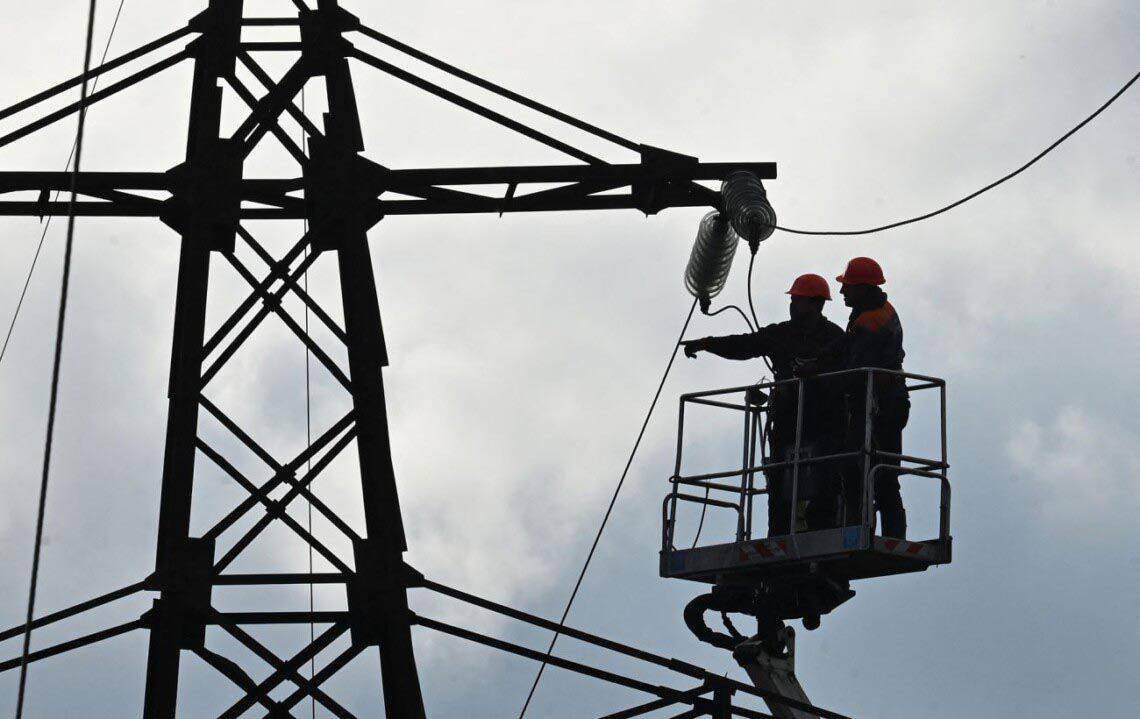The European Business Association has appealed to the President of the European Commission, Ms Ursula von der Leyen, and the Commissioners, urging the extension of the European Union’s free trade regime for Ukraine beyond June 5, 2025.
Since the beginning of the full-scale invasion in 2022, Ukraine’s economy has been severely affected by the destruction of energy infrastructure, increasing import costs, a decline in production and export capacity, and disruptions in logistics and supply chains. Ukraine’s agricultural sector alone has incurred direct losses and damages exceeding $80 billion.
The dairy industry, in particular, has found itself on the verge of survival. Numerous facilities and farms were destroyed or severely damaged, leading to a sharp reduction in livestock and the loss of production capacity. Simultaneously, internal demand has dropped due to the mass migration of people abroad. In addition, maritime logistics routes became inaccessible due to the Black Sea blockade, adding to the logistical crisis.
In these critical circumstances, the EU’s autonomous trade measures have played a vital role in enabling Ukrainian exporters to remain operational.
The EU implemented temporary trade liberalization measures concerning all goods previously subject to tariff restrictions under the EU-Ukraine Association Agreement. On May 14, 2024, the European Parliament and the Council of the EU adopted Regulation (EU) No. 2024/1392, reinforcing these trade liberalization efforts.
The dairy industry, in particular, benefited significantly. Given the perishable nature of dairy products, Ukrainian producers acted swiftly to redirect exports through the western border to EU member states. Over 50 Ukrainian dairy enterprises have already received the necessary authorizations to export their products to the EU.
Agricultural exports are not only a key component of Ukraine’s economy but also a vital element in safeguarding food security. Amid ongoing hostilities, Ukraine’s grain industry has to rise to unprecedented challenges. The EU’s autonomous trade measures enable swift adaptation to disruptions in logistics and shifts in transport routes. This is especially important in conditions where traditional supply chains may be disrupted by combat actions. Therefore, the continuation of trade liberalization measures is of paramount importance for the Ukrainian grain sector.
The uncertainty regarding the future of EU-Ukraine trade presents significant risks for Ukrainian businesses. The lack of clarity impedes strategic planning, hinders the signing of new commercial agreements, and threatens the continuity of operations. For some EBA member companies, the inability to secure predictable trade conditions may result in the suspension or complete cessation of their activities – with broader consequences for food supply chain stability and the availability of essential goods.
In view of the above, the European Business Association urges the European Commission to take all necessary steps to ensure the extension of the trade liberalization measures beyond June 5, 2025. Such a decision would be crucial for preserving stable trade relations between Ukraine and the EU, supporting the recovery of Ukraine’s agricultural sector, and reinforcing Ukraine’s economic resilience for further integration into the European trade and economic architecture.





















